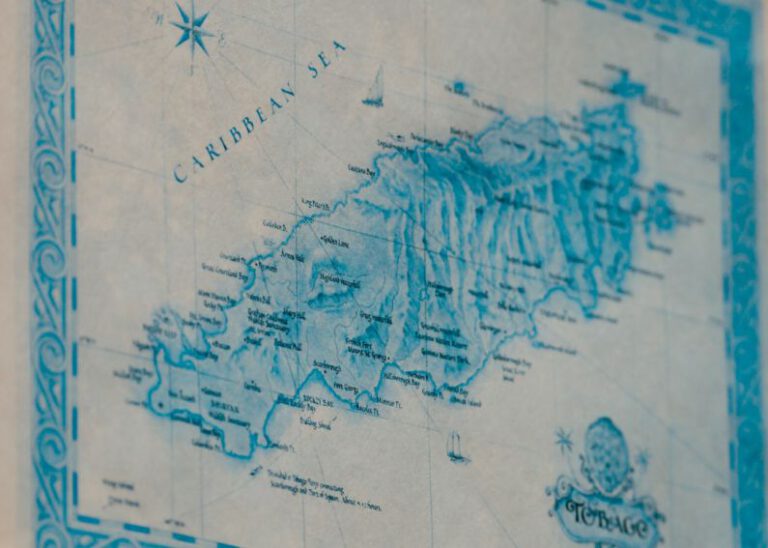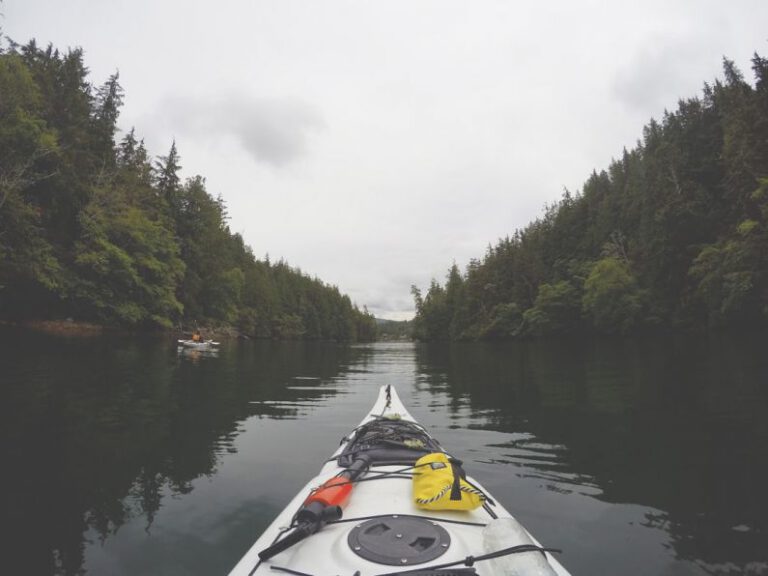Could Undiscovered Islands Hold New Species?
In the vast expanses of the world’s oceans, there lie undiscovered islands waiting to reveal their secrets. These remote and isolated land masses have piqued the curiosity of scientists and explorers for centuries. Could these uncharted territories hold the key to uncovering new species that have yet to be documented by science? Let’s dive into this intriguing question and explore the possibilities that undiscovered islands may offer in terms of biodiversity.
Untouched Ecosystems Waiting to be Explored
Undiscovered islands present a unique opportunity for researchers to study ecosystems that have remained undisturbed by human activity. With limited human presence, these islands provide a pristine environment where plants and animals can thrive without the pressures of habitat destruction or pollution. This pristine setting offers a glimpse into what the natural world may have looked like before human interference, making it a valuable resource for understanding biodiversity and evolution.
The Isolation Factor
Islands, by their very nature, are isolated land masses surrounded by water. This isolation can lead to the evolution of distinct species that are found nowhere else on Earth. Over time, plants and animals on islands may adapt to their specific environment, giving rise to unique characteristics and behaviors that set them apart from their mainland counterparts. Undiscovered islands, in particular, may harbor species that have evolved in isolation for thousands or even millions of years, making them valuable from an evolutionary standpoint.
A Hotspot for Discovery
Explorers have long been drawn to the mystery and allure of undiscovered islands, with tales of hidden treasures and unknown creatures fueling their quests. While the days of uncharted territories are largely behind us, there are still remote islands that have yet to be fully explored and documented. These untouched landscapes offer a treasure trove of potential discoveries, including new species that have eluded scientific classification. From insects and birds to plants and mammals, undiscovered islands hold the promise of revealing a wealth of biodiversity that has remained hidden from view.
The Role of Technology in Exploration
Advancements in technology have revolutionized the way we explore and study remote islands. From satellite imaging to drones and underwater robots, scientists now have a range of tools at their disposal to map and investigate these uncharted territories. These technological innovations have made it possible to study even the most remote and inaccessible islands, shedding light on their ecosystems and the species that call them home. By harnessing the power of technology, researchers can uncover new species and expand our understanding of the natural world in ways that were once unimaginable.
Preserving the Unknown
As we venture into uncharted territories and uncover new species on undiscovered islands, it is crucial that we approach these discoveries with a sense of responsibility and conservation. With many species facing threats from habitat loss, climate change, and human activities, it is more important than ever to protect the biodiversity that exists on these remote islands. By establishing conservation measures and preserving these unique ecosystems, we can ensure that the new species we discover have a fighting chance at survival in an ever-changing world.
The Future of Exploration
Undiscovered islands hold the potential to unlock a wealth of new species and contribute valuable insights into the diversity of life on Earth. As technology continues to advance and our understanding of the natural world deepens, the possibilities for exploration are endless. By continuing to study and protect these remote and isolated islands, we can ensure that future generations have the opportunity to marvel at the wonders of the natural world and appreciate the beauty of undiscovered species that call these hidden gems home.






